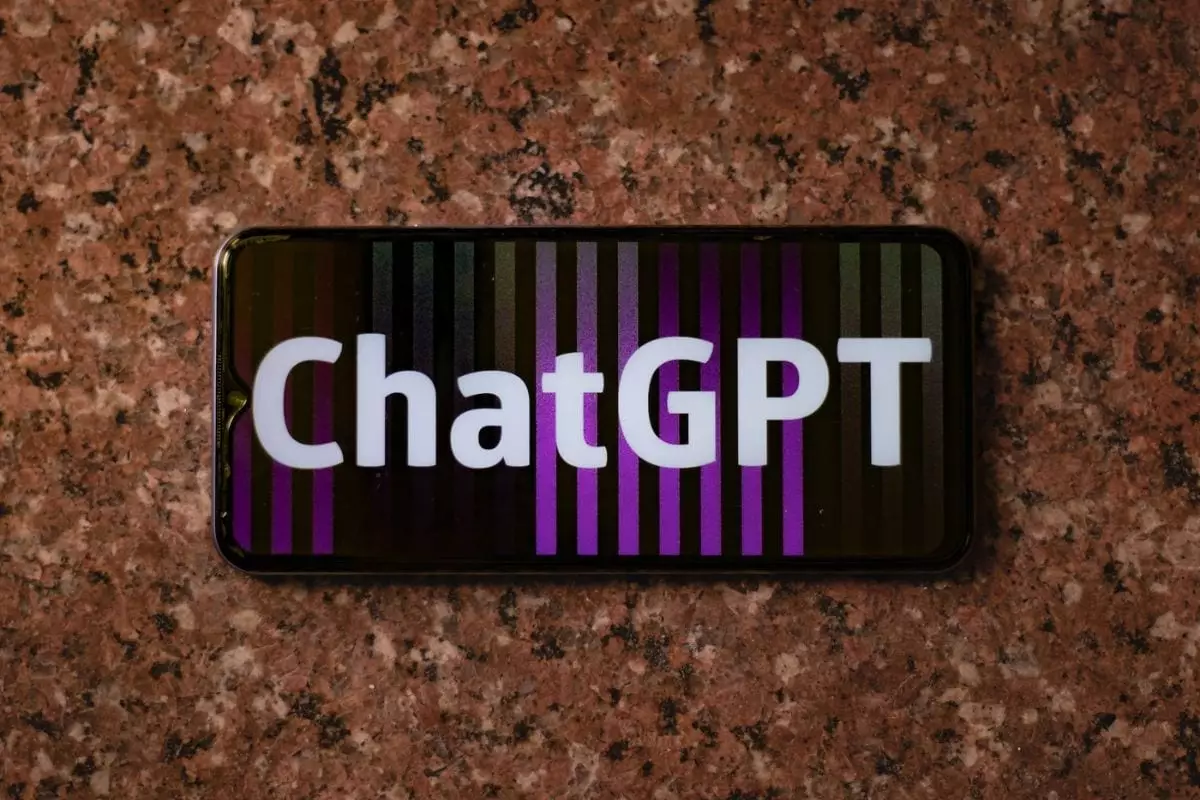In the rapidly evolving landscape of artificial intelligence, OpenAI has recently introduced a groundbreaking model designed to enhance the quality of AI-generated code. This new model, known as CriticGPT, aims to identify and correct errors in code generated by the ChatGPT system. Leveraging the reinforcement learning from human feedback (RLHF) framework, CriticGPT represents a significant advancement in the field of AI.
OpenAI’s CriticGPT model was trained on a vast dataset of code containing errors, with the objective of identifying and critiquing these mistakes. By utilizing the RLHF framework, which combines machine-generated output with human feedback, the AI system was able to learn from the input provided by human evaluators, also known as AI trainers. This collaborative process allowed CriticGPT to improve its performance in error detection, outperforming ChatGPT in catching errors by 63 percent.
While CriticGPT has shown promising results in error identification, OpenAI has acknowledged several limitations of the model. Currently, the AI system has only been trained on short strings of code and has not been tested on more complex tasks. Additionally, CriticGPT has demonstrated tendencies to generate incorrect factual responses, a phenomenon known as hallucination. Moreover, the model has not yet been evaluated in scenarios where multiple errors are present simultaneously.
Although CriticGPT is not yet available for public use, its development marks a significant step forward in refining AI-generated code. By integrating advanced training techniques and human feedback, OpenAI aims to enhance the overall quality of outputs generated by large language models like GPT-4. As the model continues to undergo refinement and testing, it is expected to provide valuable insights into improving AI systems’ capabilities in error detection and correction.
OpenAI’s CriticGPT model represents a notable advancement in the field of artificial intelligence, particularly in the domain of code generation. Despite facing challenges and limitations, the model’s ability to outperform existing systems in error detection underscores its potential for facilitating more precise and reliable AI-generated code. As researchers continue to refine and expand CriticGPT’s capabilities, the future of AI-driven code generation appears promising and poised for further innovation.


Leave a Reply